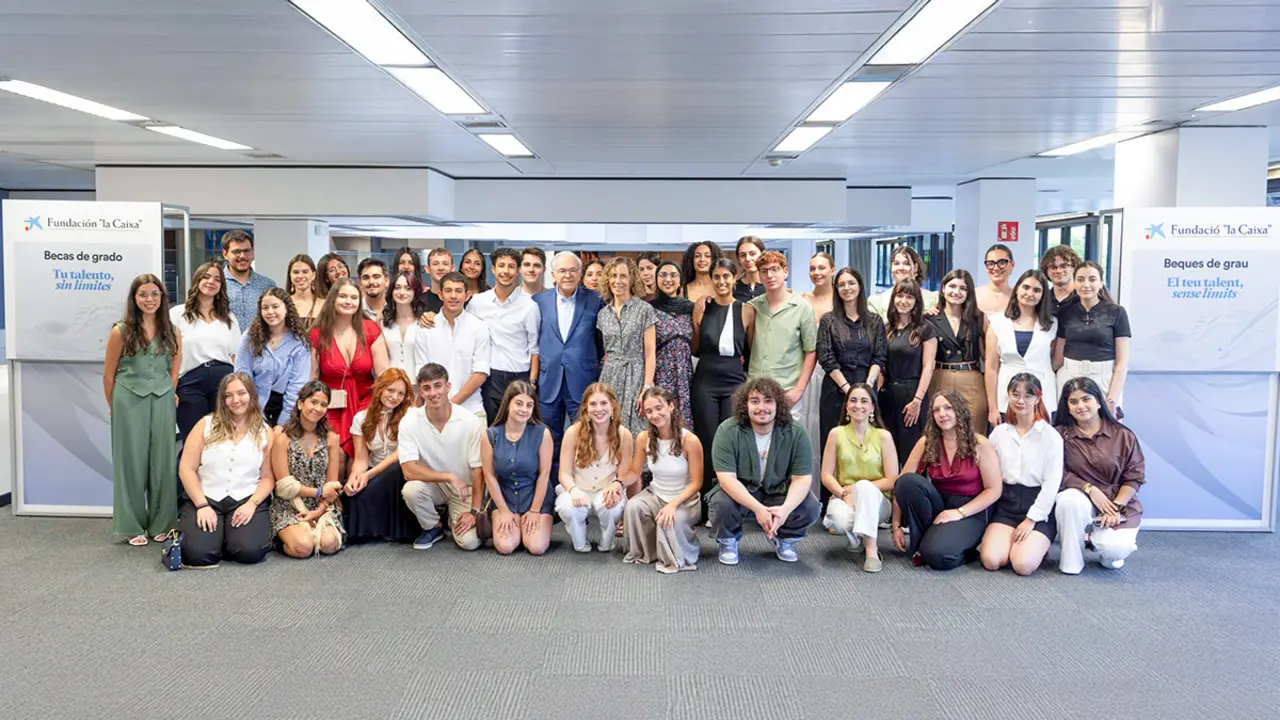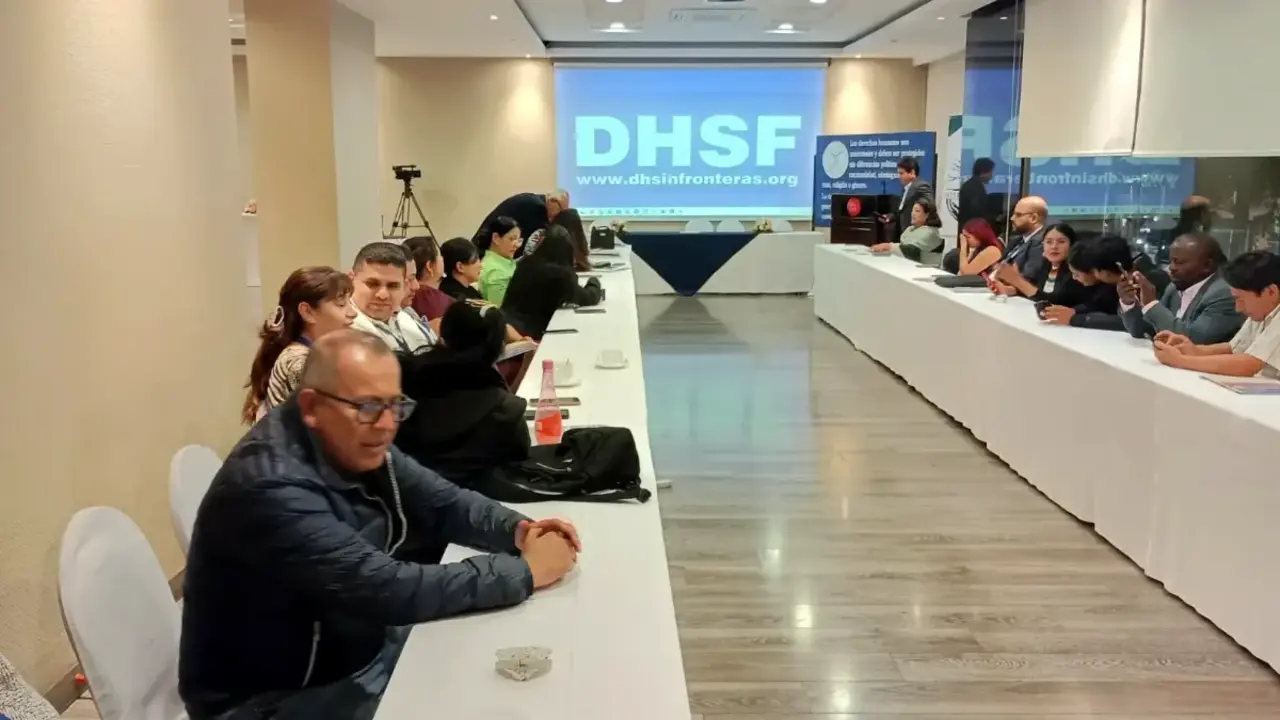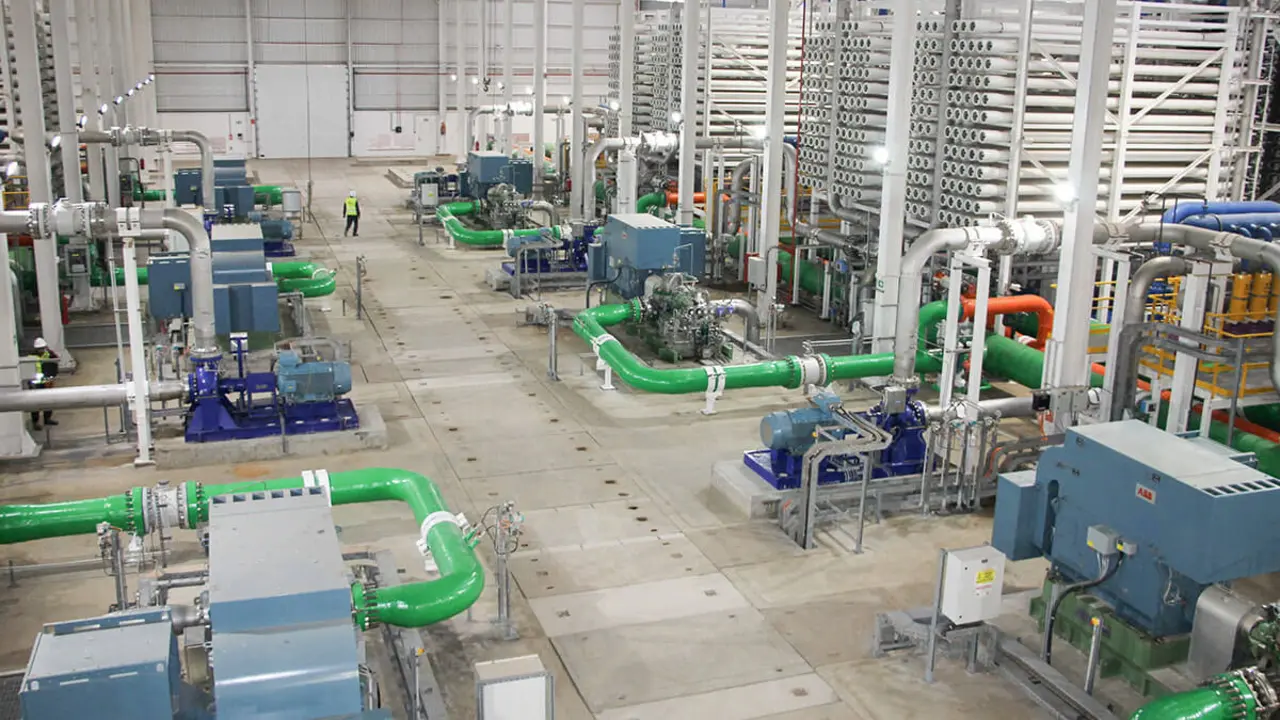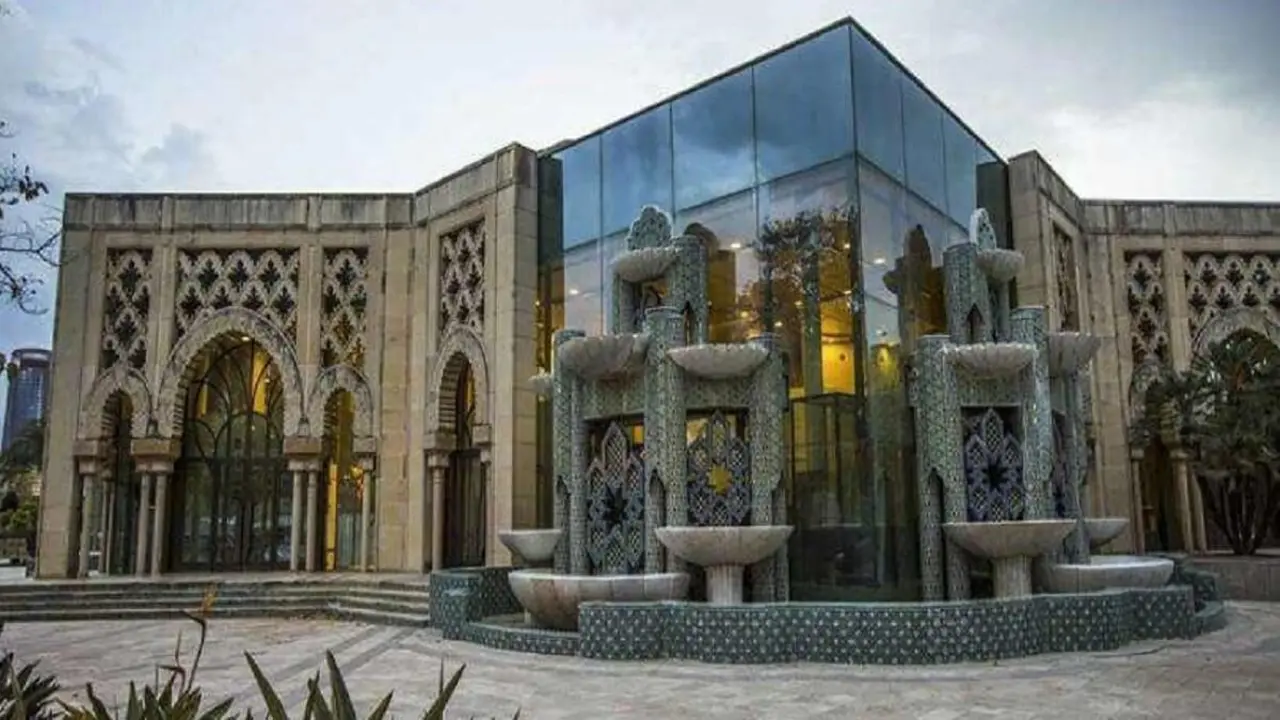UAE’s Group 42 and UK’s Oxford Nanopore present an ultra-scalable solution for the detection of COVID-19

Grupo 42, an artificial intelligence and cloud computing company based in the United Arab Emirates (UAE), and Oxford Nanopore Technologies, a UK-based advanced sequencing technology company, said they have developed a novel, large-scale tool that quickly and accurately detects COVID-19 disease, a scourge that has already left hundreds of thousands dead and millions of cases diagnosed worldwide.
This comprehensive advance will be officially launched in a few weeks and has a truly high parallel processing capacity; giving this new technology the potential to transform the diagnostic industry worldwide. This innovation uses the LamPORE assay, which is based on the loop-mediated isothermal amplification, LAMP, technique and Oxford Nanopore’s rapid sequencing platform, in combination with the high-throughput automation, sample processing and reporting workflows developed by G42.
Population-wide testing can help break the transmission patterns of the virus, reducing the number of cases when used in conjunction with a rapid public health response. However, existing methods make such large-scale processing logistically difficult and cost-prohibitive. The end-to-end solution developed by G42 and Oxford Nanopore can dramatically reduce the complexity of mass screening.
This new solution based on the LamPORE assay is now being incorporated into the UAE national testing strategy. Over a ramp-up period in the G42 sequencing facility in Abu Dhabi, the programme is expected to scale to hundreds of thousands of samples daily. In addition, the flexibility of the solution supports decentralised operations as well, enabling on-demand testing anytime, anywhere. G42 and Oxford Nanopore are working on the production capacity for the global deployment of this technology.
G42 CEO Peng Xiao referred to this breakthrough in the words of Emirate news agency WAM: "The collaboration with Oxford Nanopore, a global leader in advanced sequencing products, accelerates G42’s ongoing endeavour to develop impactful applications for public health. This breakthrough solution is a result of the tireless effort by our joint teams under the extraordinary pressure of COVID-19. The worst of the pandemic has brought out the best in us. We believe this capability will not only enable large-scale screening of SARS-CoV-2, but also fundamentally shift the paradigm on health diagnostics in general."
Dr. Gordon Sanghera, CEO of Oxford Nanopore, noted, "Precise and cost-efficient population-scale testing is key to a responsible easing of restrictions, to protect the health of populations and supporting the re-opening of global economic activity. Rapid insights, scalability, and non-PCR dependence.
All make a high-throughput screening capacity built on LamPORE technology the right tool for governments and organisations to implement mass-scale testing. We are confident that our partnership with G42 will allow us to successfully deploy this new technology around the world."
The LamPORE assay can be performed on the extracted RNA from swabs, and it is also in development to work directly from saliva. Moreover, the LamPORE assay can be used to analyse environmental samples to assess the presence of the SARS-CoV-2 virus on surfaces, or in systems such as water and sewage treatment facilities.
This scientific and engineering collaboration between G42 and Oxford Nanopore was born out of a deep partnership between the two companies in conceptualising, developing and optimising sequencing capabilities to identify, track, trace and isolate COVID-19 cases and better prepare for future outbreaks.
In this way, the Emirates remains at the forefront of the fight against the coronavirus pandemic, both domestically and internationally. Internally, alongside this new tool developed by G42 and Oxford Nanopore, there have been some very useful initiatives in the fight against coronavirus, such as laser technology applied in rapid and mass coronavirus testing, implemented by QuantLase Imaging Lab, the medical research department of the International Holding Company group (IHC), or the inclusion of smart helmets in the police force for large-scale temperature measurement of citizens and the establishment of mobile coronavirus detection points on the fly. In addition, large infrastructures such as field hospitals have been developed to treat those affected, including the World Trade Center in Dubai. The Emirates is also doing a great deal of work outside its borders to combat the coronavirus, which it has already sent to more than 60 countries and which has served to support more than 700,000 medical professionals in various parts of the world such as the United Kingdom, Russia, China, the United States, Cuba and countries in the Middle East and Africa.








